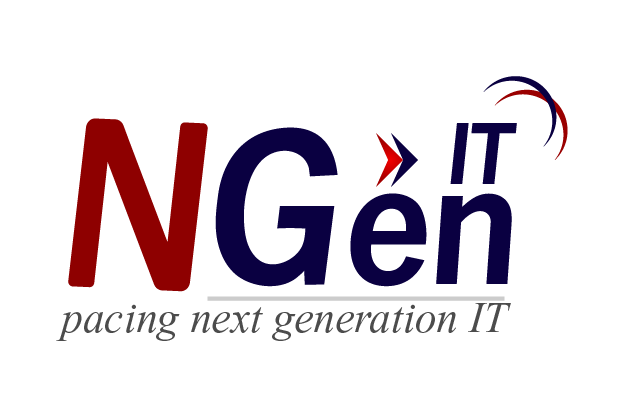-
OUR SERVICES
Industry We Serve
Solutions We Provide
-
SHOP ONLINE
Shop By Category
Shop By Brand
Explore Our Deals
-
CONNECT US
Our Company
Career With Us
Partner With Us
Help
+8801714243446
sales@ngenitltd.com



